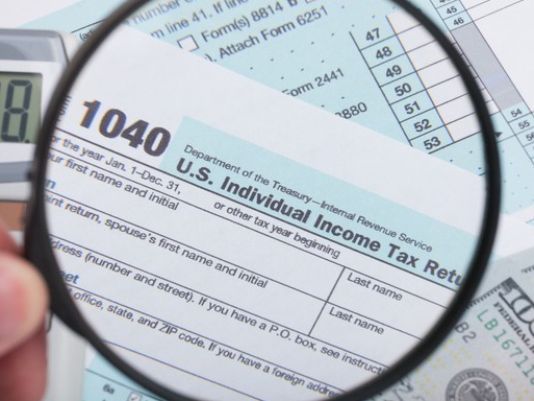Democratic California lawmakers are exploring ways to blunt the impact of the new federal tax law on the state’s taxpayers.
Federal law has long allowed people to deduct their state and local taxes from their federal tax bill, but the tax overhaul signed last month by President Donald Trump caps that deduction at $10,000.
That change will be especially notable in high-tax states like California, where more than a third of taxpayers claimed the deduction for an average of $18,438 in 2015 — the third highest after New York and Connecticut.
Senate President Pro Tem Kevin de Leon plans to introduce legislation allowing people to make a donation to the state in lieu of income taxes. That would allow them to claim the federal charitable deduction, at least partially getting around the change.
De Leon, of Los Angeles, is running for U.S. Senate. His legislation could be introduced as soon as Wednesday, when lawmakers return to Sacramento after a three-month break.
“Our hard-earned tax dollars should not be subject to double-taxation, especially not to line the pockets of the Trump family, hedge fund managers and private jet owners,” de Leon said in a statement last week.
De Leon said he is working with law professors from University of California, Los Angeles; UC Davis and the University of Chicago on his plan.
Jon Coupal, president of the Howard Jarvis Taxpayers Association that lobbies for lower taxes, said he is skeptical that the proposal is legal and suspects it would be quickly overturned by Congress.
“I think it’s clever but I’m not sure it’s going to fly,” Coupal said.
If De Leon’s bill passes, taxpayers affected by the $10,000 cap would be allowed to make a charitable contribution to the state.
In return, they would get a dollar-for-dollar discount on their state taxes. In theory, their overall contribution to the state would remain the same but because it’s classified as charity rather than taxes, they’d be allowed to deduct the entire amount from their federal taxes.
It’s not clear how the measure would affect property taxes, which are paid to local governments.
(AP)












2 Responses
They are wasting there time. The only charity donation that can be deducted, is where the giver did not receive goods or services in return. In this case, they are receiving a 100% discount in return, so it is definetely not deductible.
Sounds like this proposal is at least borderline RICO -an organization (California State)rganized involved in ofederal tax evasion.